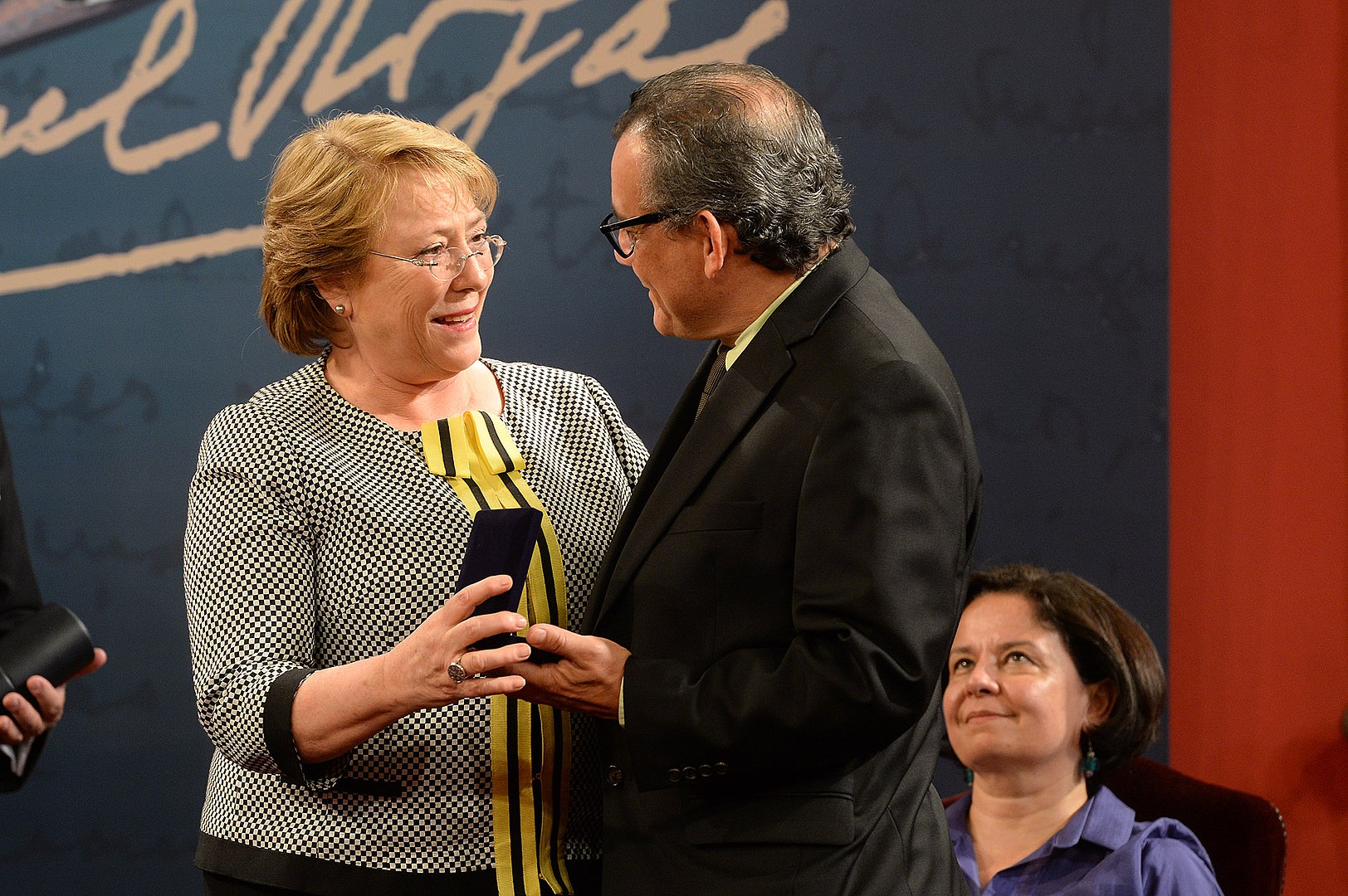
Horacio Castellanos Moya returns with "El Hombre Amansado", a novel about the suffering of life in exile.
The Salvadoran writer returns to the character of 'Moronga', his latest novel, to portray the paranoia and uprooting of an emigrant due to violence.
Horacio Castellanos Moya was born in Tegucigalpa, Honduras, where his mother was from, in 1957, but when he was four years old the family moved to El Salvador, his father's homeland. There he finished school and began studying literature at university, but at the age of 22 he decided to go abroad, first to York University in Toronto, Canada, and then to Costa Rica, Mexico and Spain, and ended up becoming one of the most important Central American writers on the world literary scene.
Author of several novels critical of his adopted country (to such an extent that he had to go into exile from El Salvador), Castellanos now publishes the novel 'El hombre amansado' (Literatura Random House, 2022), in which he recovers the protagonist of his last novel, 'Moronga', a Salvadoran emigrant to the United States named Erasmo Aragón, to continue describing the suffering of life in exile.
This time, Erasmo Aragón suffers an abrupt life change when he is left without a job after being falsely accused of sexual abuse. The tension that this incident generates leads him to bury his memories. Subdued by anxiolytics, he leaves behind the uninhibited person he was and transforms himself into a being tortured by paranoia and in a permanent state of alert. During the rediscovery of himself, he meets Joselin, a nurse who works at the psychiatric clinic where he is being treated and to whom he clings like a burning nail. To sever any connection with his past, Erasmus starts a new life with her, in Sweden, which will be buried by an avalanche of dissatisfaction and dependence.
RELATED CONTENT
"He is a character who does not sympathize with political correctness. He is Salvadoran, he has been educated in a macho and violent culture; therefore, when he goes to countries where this is not the norm, he enters into conflict and does not know how to adapt. The consequence is the sinking that I tell", explained the author in an interview with the online media Coolt.
A brief but intense novel, 'El hombre amansado' embroiders one of the central themes of Castellanos Moya's work: the uprooting of people from various regions of Latin America due to the conflicts there: people whose lives have been denied; condemned, irremediably, to wander the world. Erasmo Aragón gives voice to those who live between two waters, with one foot in their homeland and the other in countries that are hostile to them: while they try to maintain a certain balance, the certainty of a home slips through their fingers.

Castellanos Moya is probably the best known Salvadoran writer in the world today. His novels have been translated into more than 12 languages and his best known book, "El Asco: Thomas Bernhard en San Salvador" translated into English by New Directions as 'Revulsion: Thomas Bernhard in San Salvador', caused such controversy that he had to go into exile from El Salvador.
In its pages, the author set out to make a cultural and political demolition of San Salvador, just as the Austrian philosopher Thomas Bernhard had done of Salzburg, and the result is a fierce criticism of his country, for which he received death threats that forced him to take the path of exile.
The protagonist is Professor Edgardo Vega, who after the recent death of his mother, returns to El Salvador after eighteen years of exile in Canada. For Vega, returning to his native country means having to face a country that he finds despicable, repulsive and ignorant, a place that can only make him nauseous and cause him the highest degree of anxiety. All this Vega tells Moya, a former schoolmate, and in the novel it turns into a torrential monologue in which the professor lashes out against everything and everyone, in a fierce and merciless criticism from which nothing and no one is spared, not even his own family.












LEAVE A COMMENT: